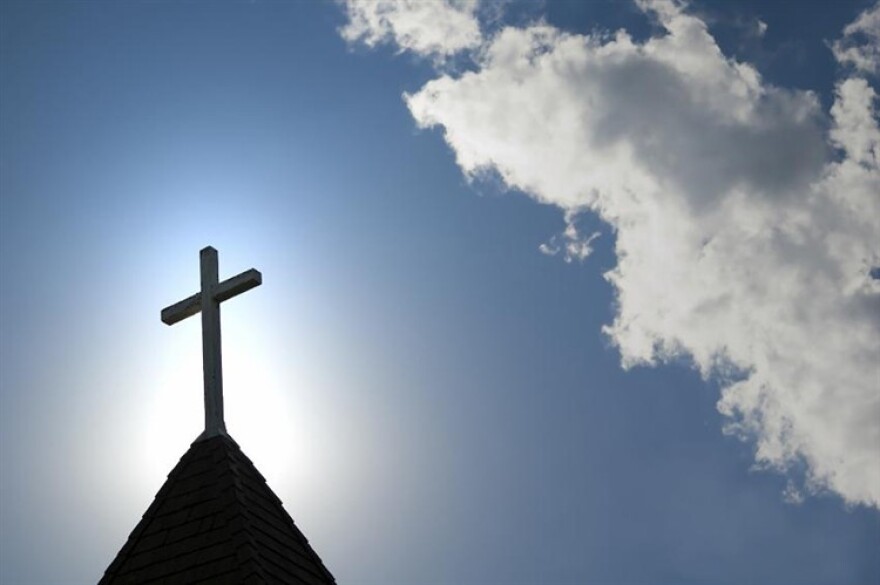President Donald Trump’s promise at Thursday’s National Prayer Breakfast to repeal the Johnson Amendment has stirred critics who worry about blurring the lines between religion and politics.
The Johnson Amendment, named for and introduced by then-Senate Majority Leader Lyndon Johnson in 1954, prohibits religious organizations from directly or indirectly contributing to the campaigns of political candidates. The law strips tax exempt status of religious groups and other 501(c)(3) entities who give financial, verbal, or written support to a campaign.
Utah Gov. Gary Herbert said that competing claims to rights will continue to be an issue in the coming years. However, he refuses to comment on Trump’s proposal without any specific legislation to evaluate.
“It’s going to be a debate, religious liberties. That’s something that the side of religion is concerned about, that there rights seem to be diminishing and becoming more narrow under the guise of making sure that everybody has opportunity or whatever they want,” Herbert said. “Again, I think that’s going to be an ongoing debate. If any legislation comes up, we’ll be happy to answer that then but, other than that, I don’t want to speculate on what’s going to come.”
Although President Trump has made similar promises in the past, getting rid of the Johnson Amendment could face fierce opposition from Christian churches and other religious groups themselves. The Baptist Joint Committee released a statement against repealing the law following the National Prayer Breakfast. Support for clergy endorsements of candidates is weak among almost all groups of Christians.
Herbert said that competing rights claims need to be balanced and that Utah was able to do just that with its own anti-discrimination law last year.
“I think that there are circumstances where your own religion prevails and I think there are certain settings where it shouldn’t be a decider,” he said. “Where we offer government to the public, I thinks it’s hard for you to say, ‘Well, my religion says this and therefore I won’t perform a marriage,’ for example. We found a way in Utah to address that in a comfortable, rational, sensible way.”







